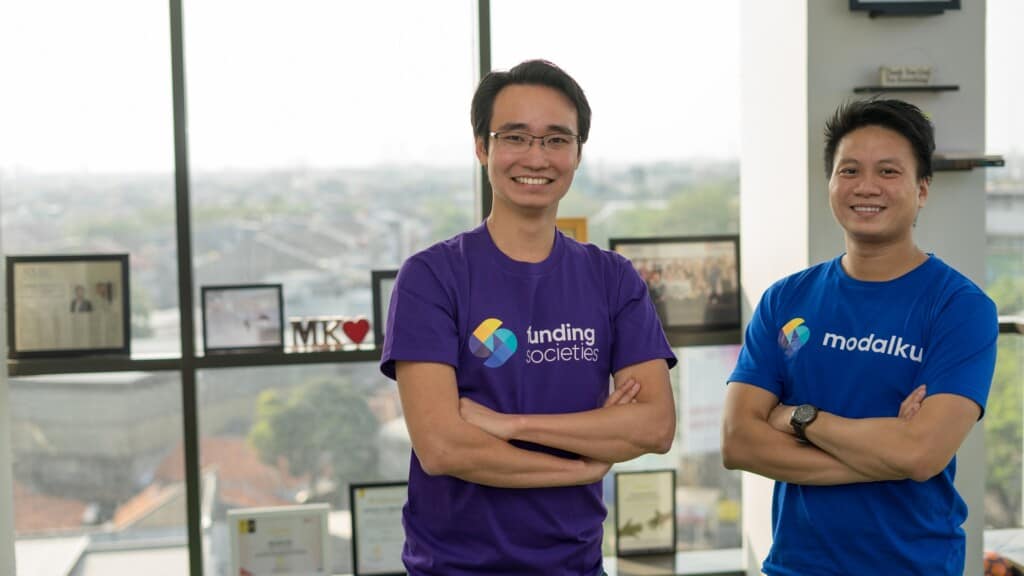“Originally from Malaysia, Kelvin cut his teeth as a consultant working for a number of top management consulting firms. After getting accepted to Harvard Business School, he entered HBS thinking it would be a two-year break before going back to a career in professional services. However, inspired by a speech of Peter Thiel at Harvard, both Kelvin and, then classmate, Reynold Wijaya realized there were plenty of entrepreneurial opportunities in SME financing back in Southeast Asia. They decided to partner up and launch Funding Societies.
Localizing a Successful Business Model
After observing the success of Lending Club and other peer-to-peer lending platforms in the US, Kelvin and Reynold decided to take a similar business model and localize it in Southeast Asia. Singapore was Funding Societies’ first market, where they began offering term loans for SMEs, funded by individual lenders through crowdfunding. However, unlike places like the US, the wider ecosystem that helped launch similar companies wasn’t in place in their market. For starters, the fintech environment in the region was just being developed and Funding Societies had to blaze its own trail when it came to building partnerships and recruiting talent. Additionally, there was no regulatory framework for what they were trying to do and they had to simultaneously work with the government on helping propose new regulation while also self-regulating their activities to ensure they helped create a sustainable and fintech-friendly environment.
In the last five years, Funding Societies has expanded significantly and closed multiple funding rounds, including a $40m series C announced in April 2020. On the product side, they now serve large and small borrowers, offering term loans, trade finance lines, and microloans customized for SMEs in the local online and offline economy. They have also expanded their lender base to include individual lenders and multiple institutional partners with large and healthy balance sheets. Moreover, the company has expanded well beyond Singapore, covering Indonesia, Malaysia, and Thailand, with plans to penetrate the six largest economies in Southeast Asia. They are also working on securing a Digital Banking license from Singapore which they expect will turbocharge their growth and further diversify the product suite.”





